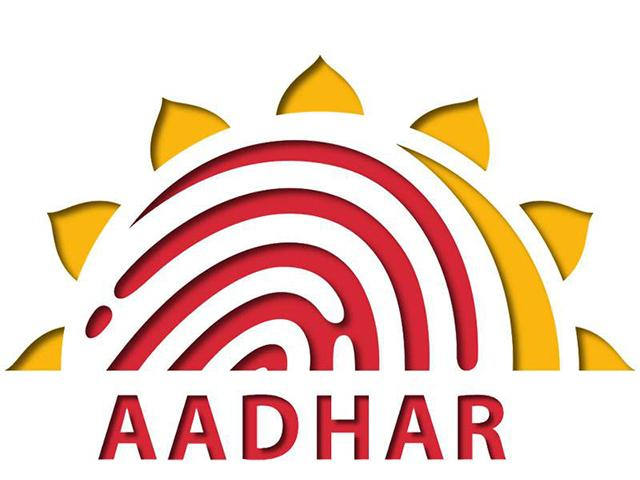NEW DELHI: The Supreme Court on Thursday asked the Chhattisgarh High Court to modify in ten days its order directing all trial courts in the state to mandatorily accept copies of Aadhaar card for releasing an accused on bail.
The January 5 order of the high court had created much hue and cry in the Naxal-affected state, as a large number of accused continued to languish in jails despite getting bail, but not getting release warrants due to delay in verification of Aadhaar and revenue records or surety papers by the police.
With the situation aggravating, a Bilaspur district judge wrote a letter to the High Court on January 10 apprising it about the problems being faced due to the January 5 order, including non-grant of bail to those accused even of petty offences.
The high court took the letter of the district judge on record and instituted another case to deal with the situation.
Further hearing of the high court is scheduled on January 29.
On Thursday, a bench of Chief Justice Dipak Misra and Justices AM Khanwilkar and DY Chandrachud disposed of a petition filed by advocate Peeyush Bhatia challenging the high court order and terming it as against the orders of the top court and the fundamental rights of citizens.
“We have been apprised by the counsel appearing for the Chhattisgarh Bar Council that it has filed an application for modification of the directions issued by the High Court…”, the bench said.
It said, “we would request the high court to deal with the application as per law within a span of ten days hence”.
Advocate Manohar Pratap, appearing for Advocate Bhatia, said the high court order had resulted in the breach of fundamental rights and liberty of citizens, which would be handheld in the domain of the executive as there was no independent machinery to verify the details of Aadhaar.
Advocate Pratap sought a stay on the order of high court saying it was creating lot of difficulties for the people.
Advocate Bhatia, who was also present, said since the state was affected by Left-wing extremism, the policemen were taking the help of CRPF to reach remote areas to verify the credentials of the accused who get bail and his sureties.
He said that due to practical problems faced by the authorities in verifying and scrutinising revenue records, the accused person has to remain in jail as his release warrant is not issued.
Advocate Rajesh Pandey, appearing for state Bar Council, said the high court has agreed to modify its January 5 order and the matter should be referred back to it.
The top court bench then said the high court should modify its order within ten days and disposed of the petition.
The high court had issued the guidelines while dealing with a case in which an advocate’s clerk had stood surety for an accused to secure bail and fudged the revenue record of another individual by pasting his own picture.
It had said the menace of submission of sureties by fictitious persons to secure bail of an accused needed to be controlled and regulated by all trial courts of state and the trial court should necessarily obtain copy of the Aadhaar Card of the accused as well as of the surety.
The high court had directed all trial courts to verify the genuiness of the Aadhaar card of the accused and the surety along with the revenue papers within one week of submission. It had directed the trial courts to lodge an FIR if the revenue or surety papers or the Aadhaar card was found to be forged.
It had even warned judicial officers of disciplinary action if no certification is found on the order sheets of the cases, besides directing revenue officers and the Station House Officers to cooperate with the trial court in the course of verification of the records.
PTI

